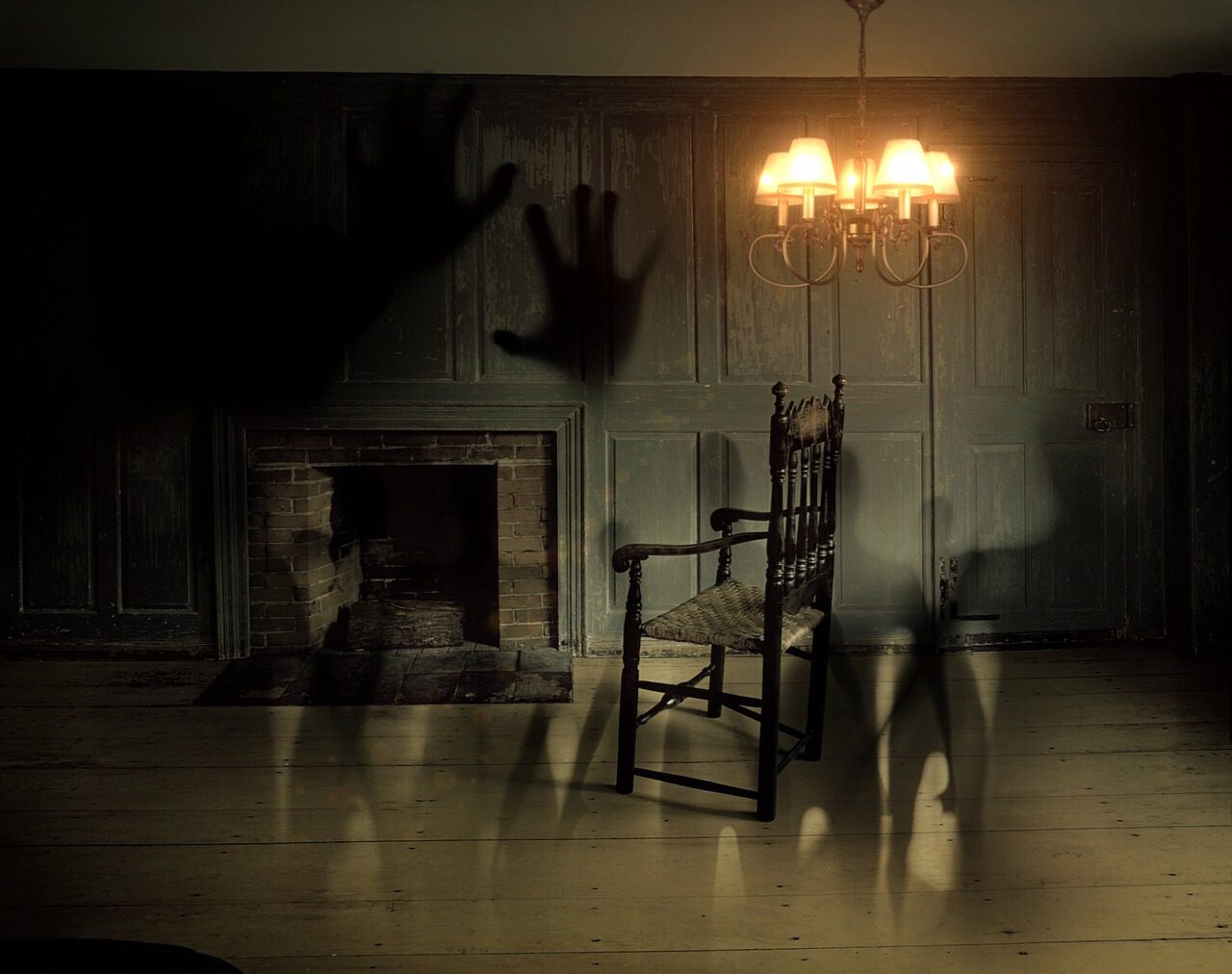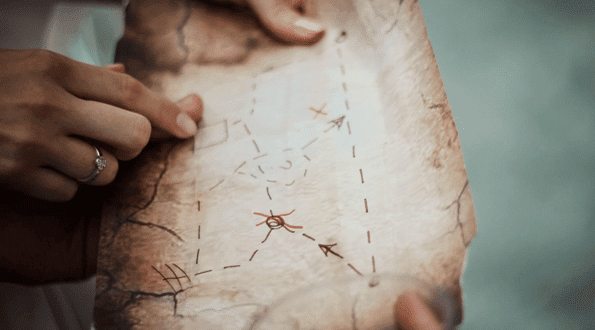Why do all escape rooms do these things?
When Puzzle Break opened its doors in Seattle in August 2013, it was the first American-based escape room company. When we were designing our first rooms and the operating processes for our players, we didn’t have a lot of proven precedent to go on. The few international companies at the time gave us some inspiration (fun fact: the very first escape room I ever played was SCRAP’s Escape from the Mysterious Room), but the lion’s share of everything we did had to be figured out as we went.
Escape room entrepreneurship, Nickelodeon TV show edition.
As such, many of the early decisions we made were either arbitrary or driven by unique-to-Puzzle Break variables. We opted to deliver the pre-game briefing outside the room because our first location had access to a large lobby perfectly suited for the task. We designed our first room’s content & flow to take advantage of the massive square footage available to us. We started with a public-ticketing model that was vital to the success of a room that supported up to 14 players. We offered a comprehensive game debrief and walkthrough (intensively so for our teambuilding clients). We took a post-game photo and uploaded it to social media.
Fast forward to 2019. I’ve seen estimates that there are over 3000 escape room companies in the United States. I wouldn’t be surprised if the number is higher than that. And as the years have passed since Puzzle Break began in Seattle, a curious, if unsurprising, trend has emerged in the explosive growth of escape rooms: Arbitrary emulation.
Pro-tip: Save hours of time by using “ctrl-c”
Whenever a new escape room company launches, they can look to every escape room that came before them for inspiration. Thankfully, we haven’t seen too much evidence of outright content plagiarism (I’m tremendously proud of the industry for this), but there’s a staggering amount of process plagiarism. Escape rooms across the United States are riddled with operational processes that have been blindly copied and copied and copied. By and large, I don’t think there’s anything morally wrong with the lion’s share of this (though you’ll find the exact wording found on the Puzzle Break FAQ page on a curious number of escape room websites), but I find some of these to be strange, if not downright stupid.
Examples of escape room operational processes that are often implemented for no other reason than “other escape rooms are doing this”:
-
Group photo – OK, there’s objectively several good reasons to do a post-game team photo, but it’s insanely ubiquitous. I’ve personally played ~400 escape rooms and I have always had a photo opportunity afterward.
-
Worded sign props for the group photo – 3000+ escape room owner-operators did not independently come upon the idea of offering whimsical slogans on 2’x1’ foam core. Literal meme made manifest. I hope to see an epidemiological study on this phenomenon someday.
-
60 minute game length. I’d estimate that 99% of escape rooms have exactly a 60 minute time limit. 5+ years after escape rooms came to America, I’m deeply surprised I’m not seeing more 30, 45, 75, 90, or 120 minute games.
-
Confiscating players’ cell phones – This maddening practice needs to stop. Giving players a safe place to optionally store their valuables (including phone) is a great idea*. Arbitrarily forcing paying customers to give up their phones is pure nonsense that invites disaster. Doctors on call, parents with children, real-life obligations don’t always stop for 60 minutes on command. Obviously, we want to enhance immersion and prevent illicit photos of sensitive content, but there’s better solutions to these problems than mandatory confiscation.
Pictured: Game masters taking several kilos of dangerous cell phones off the streets.
-Nate
*NOTE: On August 5, 2017 I forgot the face of my father when I lost the key to our valuables’ locker at Wicked Escapes in Boston. I am deeply & forever ashamed.
Tags:
Want to get blog updates ( and only blog updates )?




Recent posts






Cruise Taker’s Guide to Turks and Caicos: What to do on the Ship and on the Island








